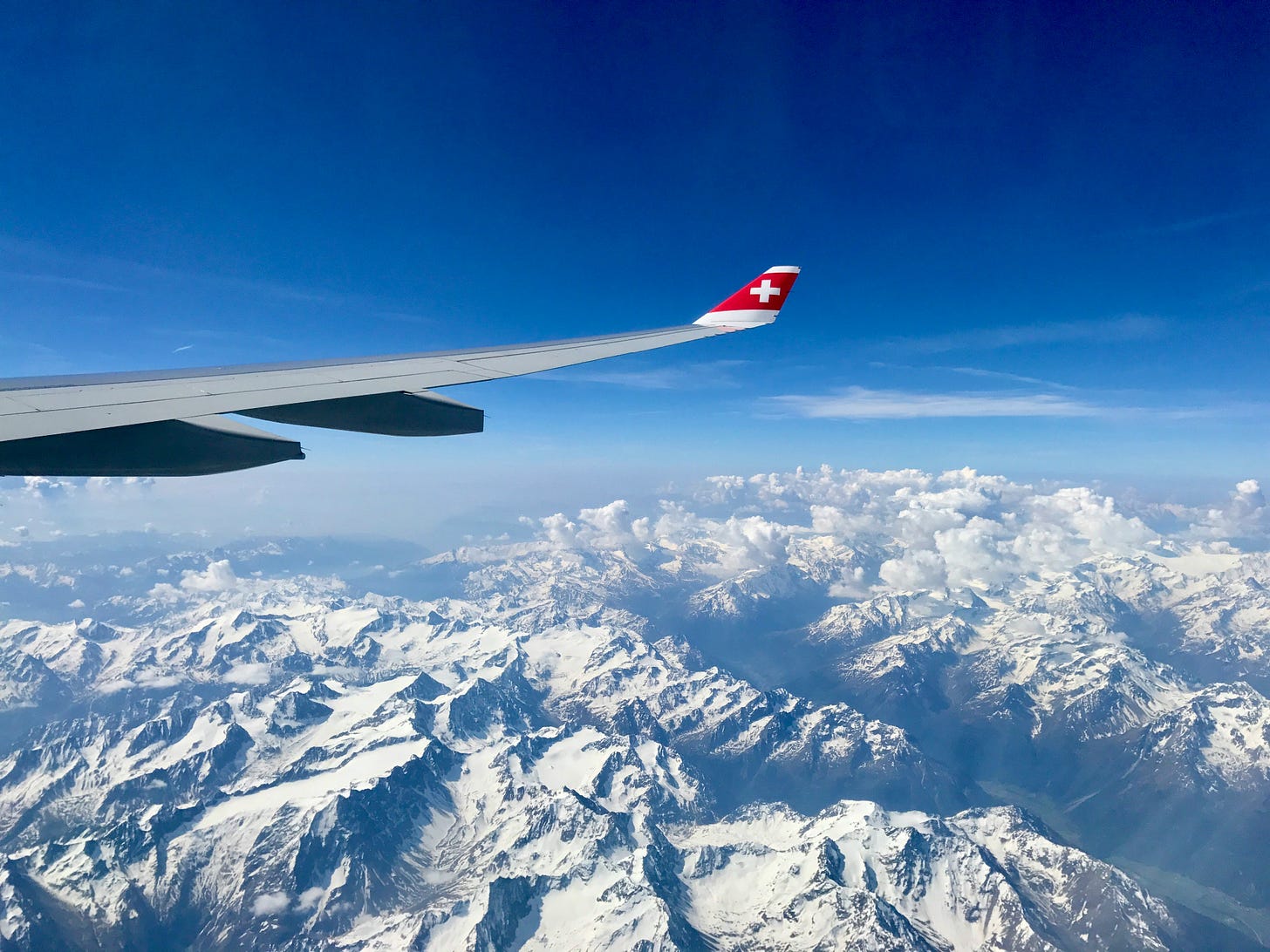“Living Abroad Isn’t Escaping”: The World of Work Through a Window Seat
«Vivere fuori non è fuggire»: il mondo del lavoro visto da un oblò
Antonio Calco’ Labruzzo, da Palermo alla Svizzera passando per Europa, america, Asia e multinazionali: “Non tornerei in Italia per geografia, ma per progetto.”
“Sono nato e cresciuto a Palermo, ma da sempre ho avuto lo sguardo rivolto lontano e il piede premuto sull’acceleratore.”
Non è solo un’espressione vivace quella con cui Antonio Calco’ Labruzzo des…



